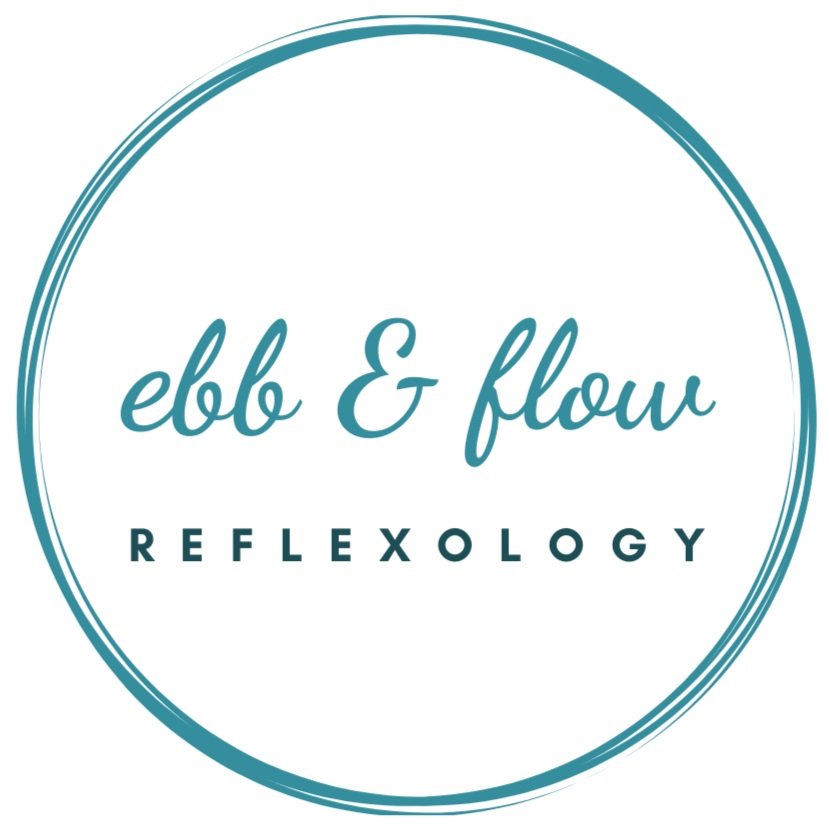About
There are over 7200 nerve endings in each foot.
Reflexology is a natural therapeutic method derived from the study based on the principle that there are reflexes in the body that map to other parts, glands and organs of the body
Through application of pressure on these reflexes using specific hand, thumb and finger techniques, reflexology therapy can
Relieve tension
Improve blood circulation
Restore and maintain the body’s natural balance to promote healing
Anxiety - Foot reflexology can reduce anxiety as it stimulates particular nerve endings (reflex points)in the feet, promoting a sense of relaxation and well being which in turn can help the body regenerate itself.
Digestive issues - Your digestive system is finely tuned, and can easily be disrupted, causing constipation, diarrhea, IBS, Crohn's Disease. Reflexology can address digestive issues by promoting stress relief and easing digestive tension, by calming the system. This disruption can be be caused by anxiety and distress.
Menopausal Symptoms - Reflexology can help alleviate both the physical (hot flashes, heart palpitations) and emotional systems (irritability, anxiety) helping to cope better through this transitional time.
Circulation - Reflexology can improve blood circulation in the feet and throughout the body. Tingly, numb and cold feet can be a sign of poor circulation. Swollen feet and ankles as well as discoloration of toes and feet can also be a sign of poor circulation . Application of certain thumb, finger and hand techniques can improve blood to vital organs. If a part of the body is injured, reflexology can help repair injured tissue.
Sleep - A simple reflexology routine can help you drift off to sleep naturally. Reflexes corresponding to the brain and pineal gland will be stimulated, helping to balance the release of the natural sleep hormone melatonin, which is very important for healthy sleep.
